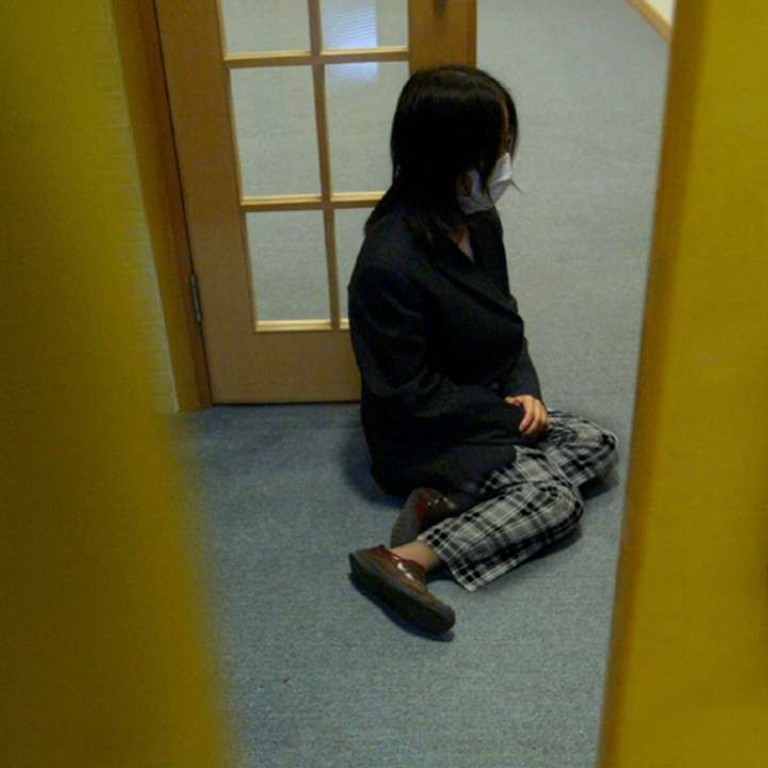
Hong Kong ranks 7th in mental health study, scoring lower than its Asian neighbours
Economist Intelligence Unit report says city lacks “formal and overarching mental health policy” and is weak in human rights and combating stigma
Hong Kong lagged behind its Asian neighbours in mental health policies, according to a study by the Economist Intelligence Unit which looked at mental health integration in 15 Asian-Pacific territories.
The city’s overall score of 65.8 out of 100 placed it in the seventh spot – a slightly better position than mainland China’s but worse than that of other Asian neighbours including Taiwan, Singapore and South Korea. Hong Kong, Taiwan, Singapore and South Korea were once known as the “Four Asian Tigers”.
Hong Kong’s lack of support for the mentally ill took the spotlight recently when a 48-year-old mentally disabled man failed to realise his 77-year-old mother had died, accompanying the body for almost a week after her death.
The study, commissioned by pharmaceutical firm Janssen Asia Pacific, compares and ranks the level of effort put in by the 15 territories in implementing mental health policies and whether they have services in place to help mentally ill patients integrate into the community more smoothly.
Its four indicators, which measure mental health integration, include the environment in leading a full life, access to medical help and services, job opportunities, and governance of the system. Hong Kong’s individual scores on those measures ranged from fifth to seventh among a total of 15 territories.
Its worst performance was in governance – with a ranking of seventh and score of 53.9 – including in areas of human rights and efforts to combat stigma, where the city was said to lack a “formal and overarching mental health policy”.
Even though the Hospital Authority had adopted the Mental Health Service Plan in 2010 – which gives recommendations on how to deliver services, and coordination between public hospitals – the performance of the Social Welfare Department and various non-governmental organisations “remained spotty”, the report said.
Kimmy Ho Wai-kuen, director of the Mental Health Association of Hong Kong, said that the current procedures in the city’s mental health service provision are not well-organised.
“Psychiatric service is followed up by the Hospital Authority, but social services are mostly done by NGOs. When these services are administered by two different bureaus, how coordinated can the service be?” Ho said.
Meanwhile, the medical treatment of patients with mental illness is handled by the Food and Health Bureau, while community support is monitored by the Labour and Welfare Bureau.
Ho said setting up a specialised bureau to tackle the needs of mental health patients would make for better service coordination.
When these services are administered by two different bureaus, how coordinated can the service be?
On the other hand, New Zealand and Australia took the lead once more and ranked top in the study, with their substantial resources on mental health considered the main reason for their success. New Zealand’s expenditure on mental health support was around 10 per cent of its health budget, with more than three-quarters used for community-based care.
The report came after World Mental Health Day, marked on October 10 every year to raise awareness about the condition.
In Hong Kong, there are about 1.7 million people with mental health issues, and 70,000 to 200,000 of them suffer from more severe mental illnesses, according to the Hospital Authority.
A spokeswoman from the Food and Health Bureau said a review on mental health policies was under way and would soon be completed. Results of the review are expected to be announced later this year.
In July, the Hospital Authority launched a service framework for caring of adults with severe mental illness. Designated groups had been formed by the authority, the Social Welfare Department and NGOs to implement the framework.
The Social Welfare Department said a review on services of the integrated community centre for mental wellness is being done and would be completed by early next year.

